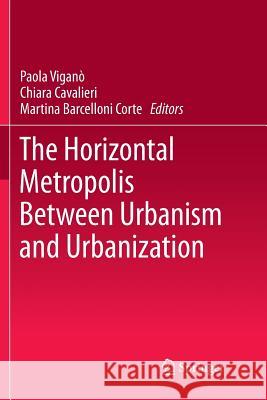The Horizontal Metropolis Between Urbanism and Urbanization » książka
topmenu
The Horizontal Metropolis Between Urbanism and Urbanization
ISBN-13: 9783030093693 / Angielski / Miękka / 2019 / 422 str.
Kategorie BISAC:
Wydawca:
Springer
Język:
Angielski
ISBN-13:
9783030093693
Rok wydania:
2019
Wydanie:
Softcover Repri
Ilość stron:
422
Waga:
0.60 kg
Wymiary:
23.39 x 15.6 x 2.26
Oprawa:
Miękka
Wolumenów:
01
Dodatkowe informacje:
Wydanie ilustrowane











